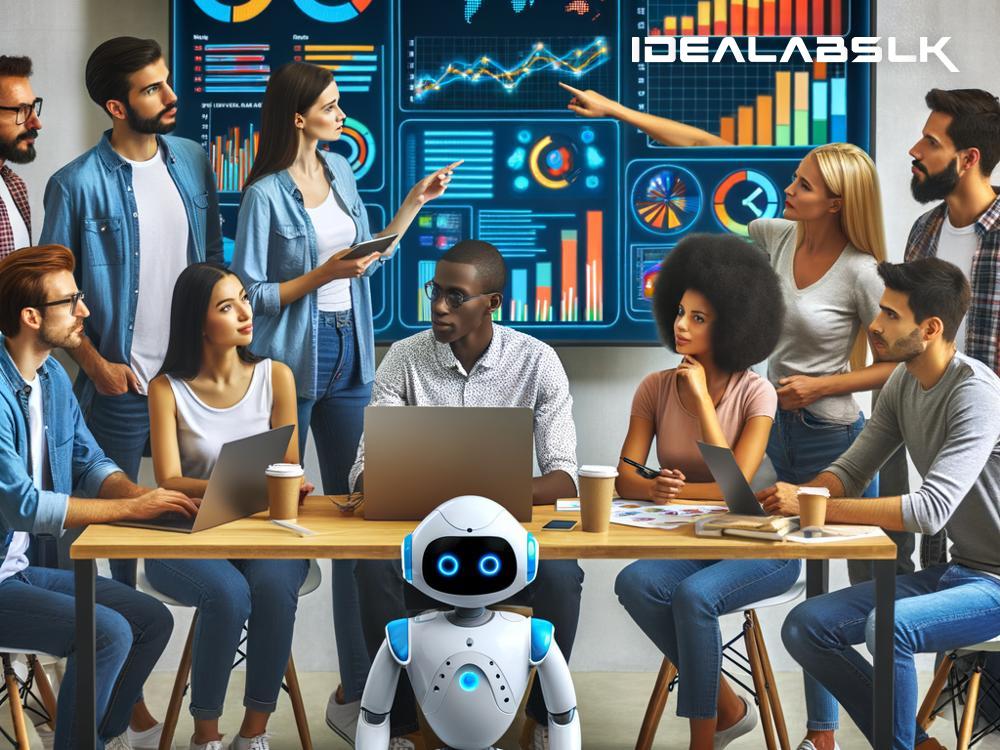AI and the Future of Game Analytics: How Developers Will Track and Optimize Gameplay in 2025
The gaming world is on the brink of a major shift, thanks to advancements in artificial intelligence (AI). As we look towards 2025, it's clear that AI is not just going to change the way we play games; it's also going to revolutionize how developers create, track, and optimize gameplay. This evolution promises to make games more engaging, personalized, and enjoyable for players, all while giving developers unparalleled insights into how their games are played.
Understanding the Role of AI in Gaming
Before we dive deep into the future, let's unpack what AI actually does in gaming. Simply put, AI is like a super smart assistant that can learn, make decisions, and act without being explicitly programmed for every possible outcome. In games, AI can do everything from controlling non-player characters (NPCs) to recommending games you might enjoy based on what you've played before.
Game Analytics: A Quick Overview
Game analytics is all about collecting data on how players interact with a game and using that information to make the game better. Developers can find out which levels are too hard, where players get stuck, what features are the most popular, and more. This insight helps developers fine-tune their games, fixing problems and enhancing good elements to improve the overall gaming experience.
The Future of Game Analytics With AI
Looking forward to 2025, AI is set to take game analytics to a whole new level. Here's how:
-
Real-Time Adaptation: Imagine playing a game that adjusts its difficulty based on how well you're doing, in real time. AI will make it possible for games to analyze your play style and performance on the fly and tweak challenges accordingly. This means you're less likely to get frustrated on a too-hard level or bored by something too easy.
-
Personalized Gaming Experiences: AI will be able to understand your preferences — like the characters you like, the narratives that engage you, and even the game mechanics you enjoy the most. Using this information, games could dynamically adjust to provide a more personalised experience, tailored specifically for you.
-
Predictive Analysis: Instead of just looking at past behaviors, AI-driven analytics will be capable of making predictions about future player actions. This could involve predicting when a player might churn (stop playing the game) and taking proactive steps to offer them new, engaging content just in time to keep them hooked.
-
Enhanced Game Development: Developers will have access to more detailed and accurate analytics, making it easier to understand complex player behaviors. This will shorten the time needed to test new ideas and find what works, allowing for faster iteration and innovation in game design.
-
Automated Content Creation: AI could analyze vast amounts of gameplay data to generate new content that players will love. For instance, it might create new levels that are the perfect balance of challenging and enjoyable, based on how players have engaged with similar content in the past.
-
Improved Social Interaction: Understanding social dynamics within games will be another breakthrough. AI can help developers understand how players interact with each other in multiplayer games, offering insights to enhance cooperative play or competition, making social interactions in games richer and more engaging.
What This Means for Players and Developers
For players, the future promises games that are more engaging, less frustrating, and deeply personalized. You could find yourself playing games that feel like they were made just for you, where the difficulty is always just right, and new content always seems perfectly tuned to your interests.
For developers, AI-driven analytics will be a gamechanger. It will offer deeper insights into player behavior, reduce guesswork in game design, enable the creation of personalized content at scale, and open up new possibilities for creative game mechanics. The challenge will be in integrating these AI systems effectively and ensuring that they enhance the gaming experience without compromising on creativity and innovation.
Conclusion
As we look towards 2025, it's clear that AI is set to transform the landscape of game development and player experience through advanced analytics. This bold future of gaming will not only make games more enjoyable for players but also provide developers with the tools they need to craft even more compelling gaming experiences. With AI, the possibilities are as expansive as the virtual worlds we love to explore.

